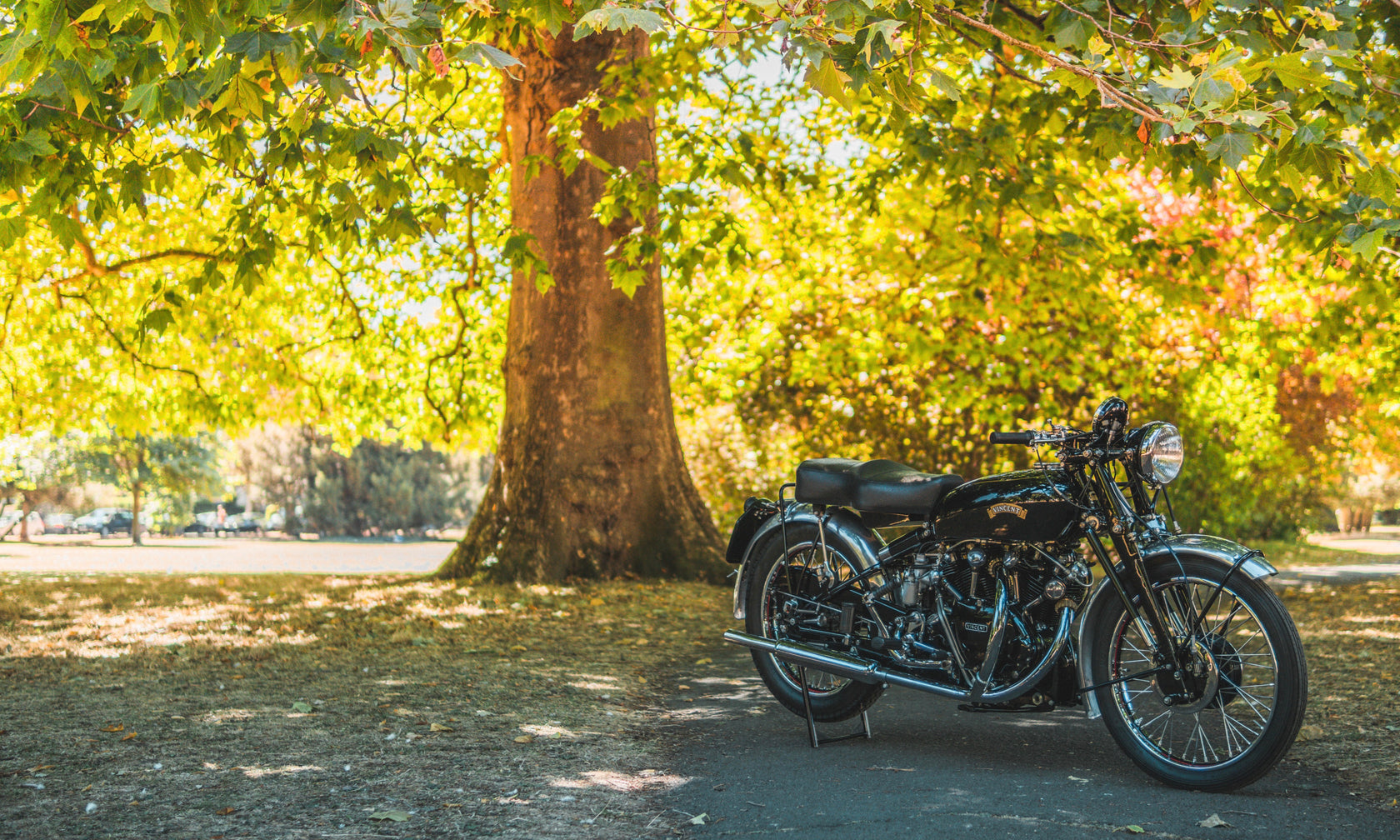Rickman Metisse Triumph Bonneville T120 1972
An: 1972
La taille du moteur: 650CC
Inscription:
Mileage: 28381
Description
Rickman Metisse Triumph Bonneville T120 1972. A Beautiful Machine in fantastic condition with a very nice specification. Frame number R941 Engine number AD38194. Looks to be an original build with racing Rickman nickel plated frame and uprated Triumph T120 Bonneville unit construction engine.
Looks great with Rickman Allie tank, Rickman seat, and an impressive 4 leading shoe vented front brake, Allie flanged rims, stainless steel spokes, Allie yokes and twin grey faced clocks.
A truly stunning machine that rides as well as it looks . A rare bike at that . We have not seen many Road racing Rickman Bonnies over the years and this is one of the best !
History: The Rickman Brothers, Don and Derek, were both very successful motocross racers in the 1950s and 60s, and found that their competition, particularly Swedish scramblers, were using very light, home-built frames for their racers, eschewing traditional heavy lugs and sidecar fittings for lighter all-welded construction. After a few years modifying standard BSA machines, the brothers made their first complete chassis in 1960, using Reynolds 531 tubing - strikingly nickel-plated - with beautiful custom-built fiberglass seat and tank units (the lads had a flair for design, it seemed). Weight was saved by using the frame as the principal oil reservoir, offering the added benefit of all that exposed surface area to keep the lube cool.
The resulting motorcrossers were fully 40 pounds lighter than standard ‘scramblers’ offered by the big factories, and soon the Rickmans were pestered for replicas. The American BSA importer commissioned 125cc and 250cc motocrossers, and the brothers hunted for and found suppliers of ‘loose’ engines; Montessa and Zundapp (not BSA!). Nonetheless, BSA America imported the completed machines from the Rickman Motorcycles, and by the early 1970s. nearly 4,000 machines per year were rolling out of the Works.
While their first production efforts were off-road, a next logical step was to produce lightweight road-racing chassis, and the brothers duly created a slightly longer and more stable twin-loop frame, using heavyweight Ceriani forks and brakes, with yet another gorgeous set of bodywork. As suitable racing engines weren’t available ‘loose’, the chassis was designed to fit a multitude of power plants, and Triumph, Matchless, and Velocette engines soon found new homes in shiny nickel frames. The racing chassis was an immediate hit, on road and track. A Rickman Triumph was ridden to second place in the 1969 Production TT – quite a result from such a small concern.
The Rickman frame became ever more popular when a new generation of ill-handling Japanese fours arrived on the scene in the early 70s. Rickman Kawasakis and Hondas became some of the most desirable motorcycles available, earning great praise from riders and the press for their transmutation of the heavy 4-cylinder bikes into graceful and beautiful Café Racers.





























































